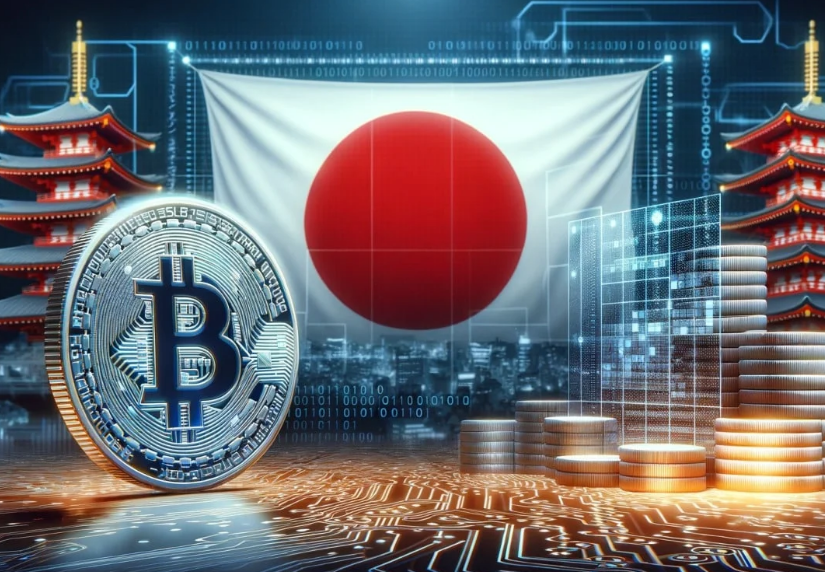TL;DR
- Japan’s Financial Services Agency (FSA) has requested Apple and Google to remove five unregistered crypto exchange apps, including Bybit, MEXC Global, LBank, KuCoin, and Bitget, from their stores.
- The move is not an anti-crypto crackdown but rather an effort to ensure that exchanges comply with Japan’s strict financial regulations, prioritizing investor safety.
- Despite this regulatory step, Japan remains a key player in crypto adoption and is actively working on policies that could integrate digital assets more seamlessly into its financial ecosystem.
Japan is once again demonstrating its proactive stance on cryptocurrency regulations, reinforcing its position as one of the most structured digital asset markets in the world. The country’s Financial Services Agency (FSA) has urged tech giants Apple and Google to remove five unregistered crypto exchange applications from their respective app stores. This decision, which primarily affects major platforms such as Bybit, MEXC Global, LBank, KuCoin, and Bitget, highlights Japan’s commitment to regulatory compliance and consumer protection rather than an outright ban on crypto trading.
Apple swiftly acted on the FSA’s request, removing the flagged apps on February 6, according to a report by Nikkei. The decision is part of Japan’s broader efforts to ensure that all financial entities operating within its jurisdiction adhere to strict regulatory standards. Unlike Hong Kong, which recently approved Bitcoin and Ethereum exchange-traded funds (ETFs), Japan remains cautious regarding crypto ETFs.
Learning from the Past: Mt. Gox and Market Safeguards
However, industry experts emphasize that this move should not be interpreted as a negative stance against crypto. Blockchain strategist and author Anndy Lian stated,
“This isn’t about shutting down crypto investing. It’s about ensuring that if you want to operate in Japan, you must comply with the rules.”
He added that Japan has been at the forefront of digital asset regulation, focusing on market integrity and transparency.
Japan’s strict oversight is influenced by past incidents, such as the infamous Mt. Gox collapse in 2014, which resulted in over $9.4 billion in losses affecting 127,000 investors.

To this day, Japan continues to learn from past mistakes, implementing safeguards to prevent similar disasters. Notably, Mt. Gox recently completed 41.5% of its Bitcoin distribution to creditors, demonstrating a commitment to resolving historical issues.
While Japan’s cautious approach might seem restrictive, it ultimately aims to foster a healthier crypto market. The country has also introduced tax reforms treating crypto assets like traditional financial instruments, signaling a growing acceptance of digital currencies. As regulatory frameworks evolve, Japan is likely to strike a balance between innovation and investor protection, positioning itself as a leading global crypto hub in the long run.


